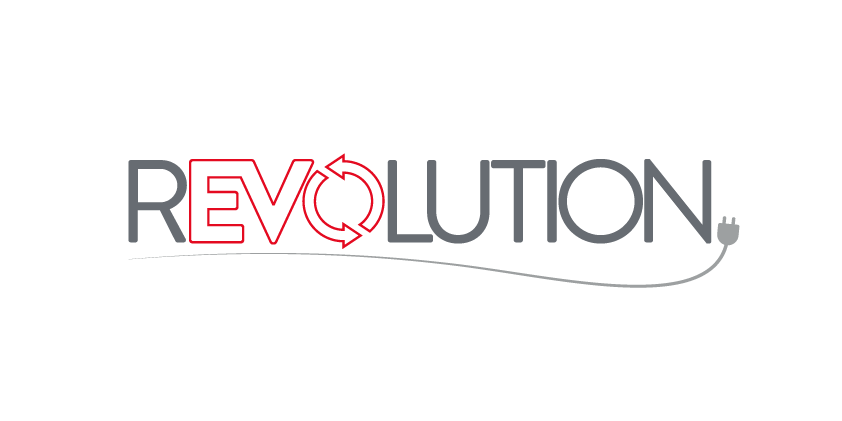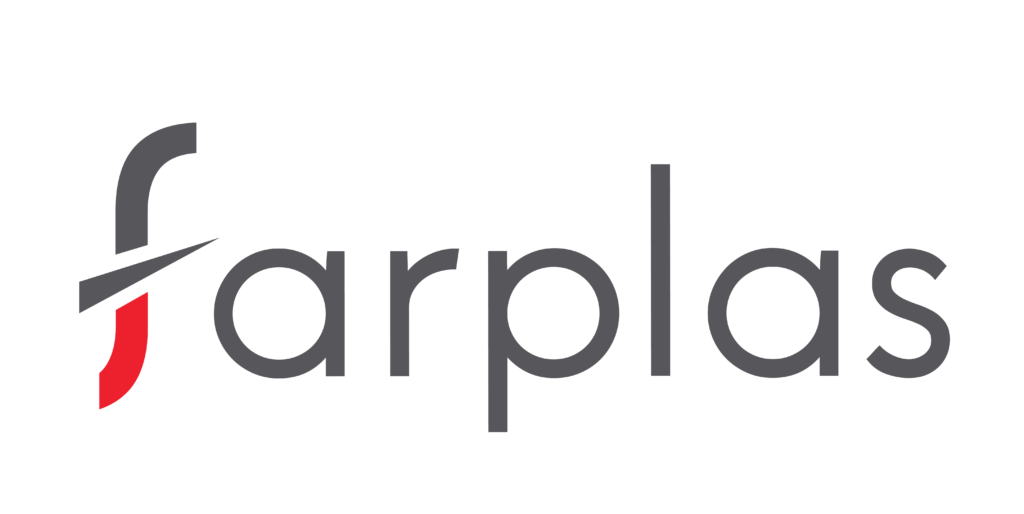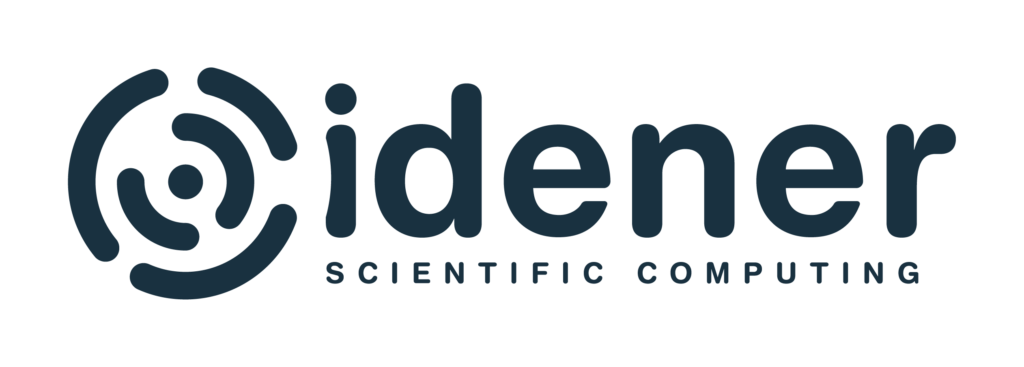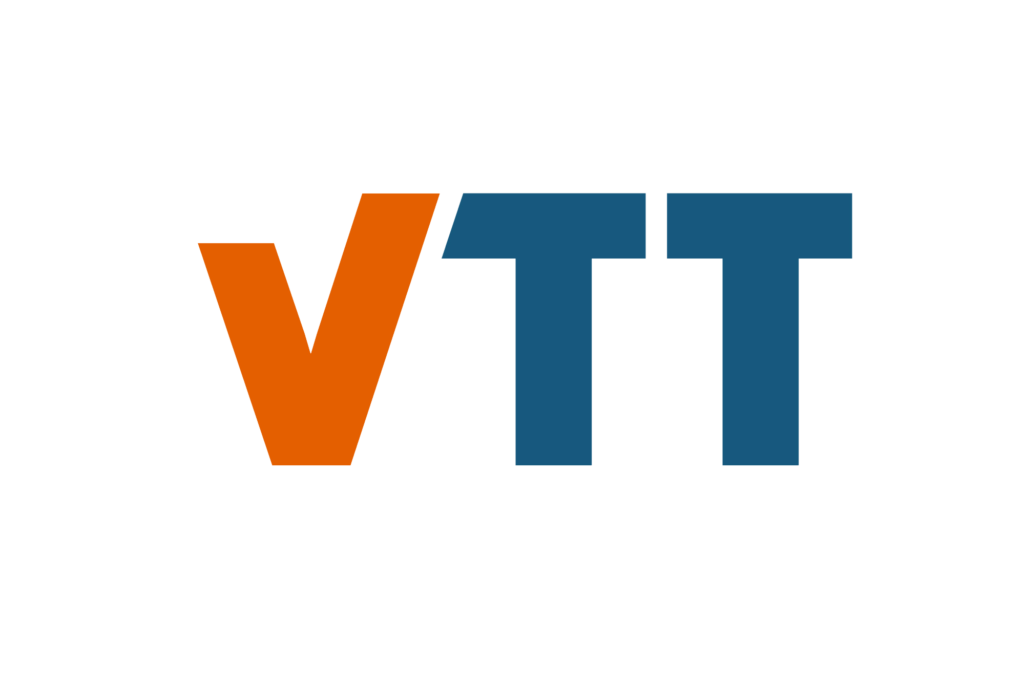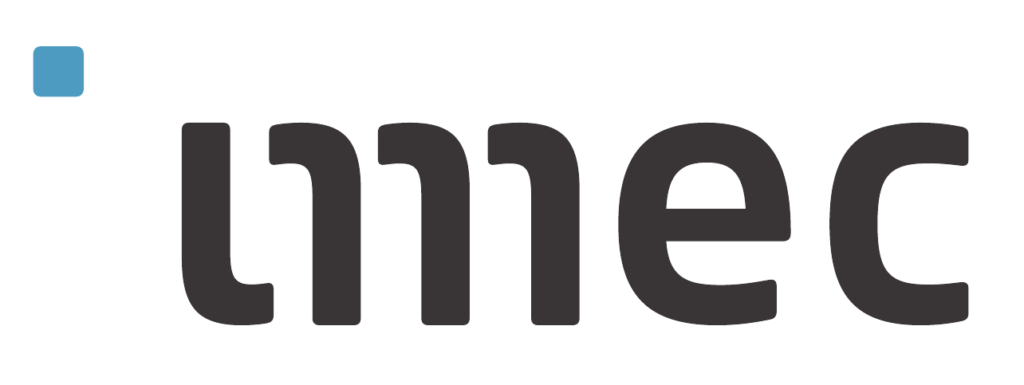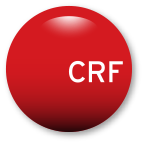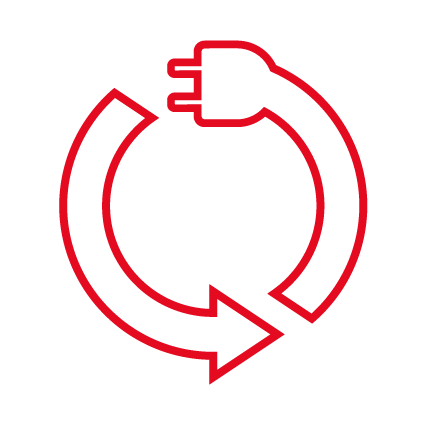
REVOLUTION focusses on overcoming the challenges hindering the use of recycled materials, but more broadly, restricting the widespread adoption of circular economy principles in the automotive industry. Forthcoming ELV directives are expected to recognise the potential for plastics to enable a circular flow of materials in the automotive sector. Implementing minimum post-consumer recyclate (PCR) targets in any new plastic components in vehicles are currently being discussed. These targets will disrupt the automotive industry.
Currently PCR (closed-loop recycling) forms ~2% of the total plastics demanded across the automotive sector, and are not used in high-value or high-performing areas. REVOLUTION is proposing a disruptive innovation that will bring open-loop recycling to the forefront of automotive injection moulding. The variability of PCR causes a big problem for an industry where failure rates on 1 per million are accepted. REVOLUTION will use machine learning and artificial intelligence to optimise the input of recycled materials and injection moulding process to deliver high-quality parts. The AI-Platform will use data from three areas of the production process to predict part quality when using recycled materials. REVOLUTION will develop this platform, and develop a range of recycled formulations, including self-reinforced materials to deliver innovative components that offer light weighing, superior performance and distinctive end of life advantages for future EVs.
REVOLUTION brings together leading organisations from European stronghold industries such as automotive, chemicals and plastics. The automotive industry is represented by Fiat Chrysler Automobiles through Tofas, CRF and Tier 1s Farplas and MAIER. LyondellBasell, Clariant and Altuglas provide strong representation of the European excellence in plastics and chemicals. These are joined by leading research organisations and SMEs to bring a solution to market that addresses the entire value chain.
https://cordis.europa.eu/project/id/101006631


This project has received funding from the European Union’s Horizon 2020 research and innovation under grant agreement 101006631

